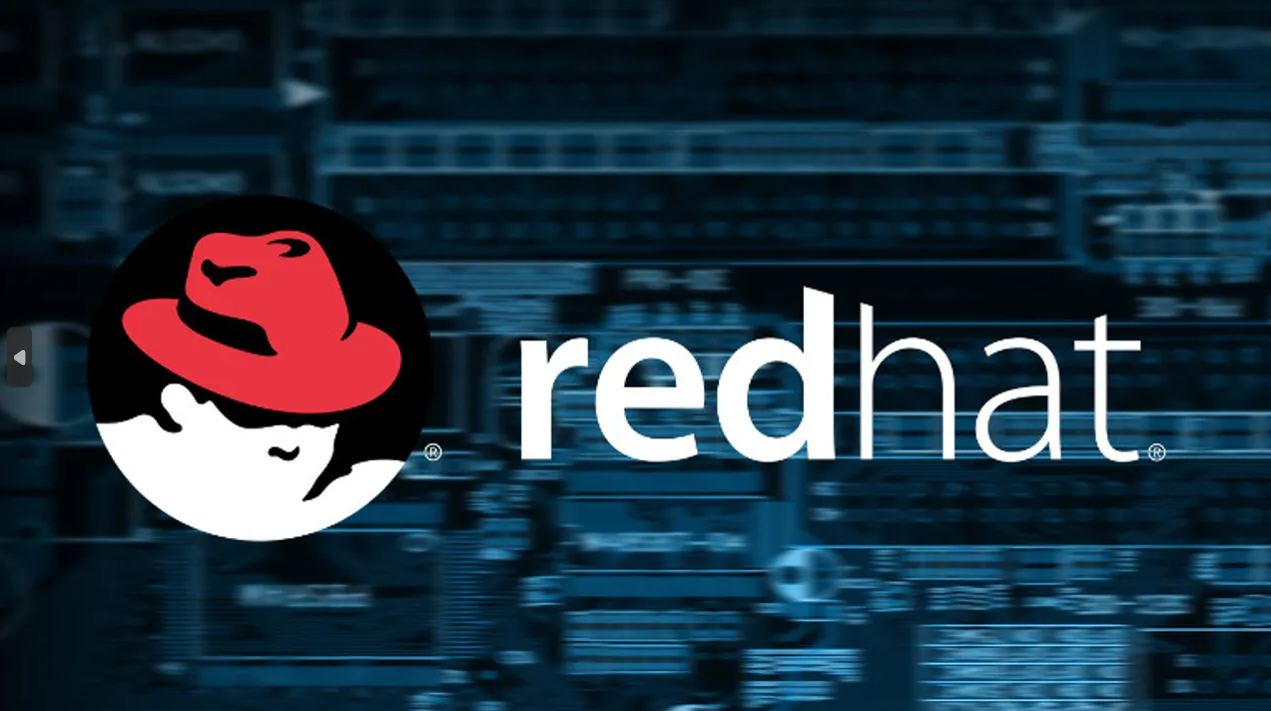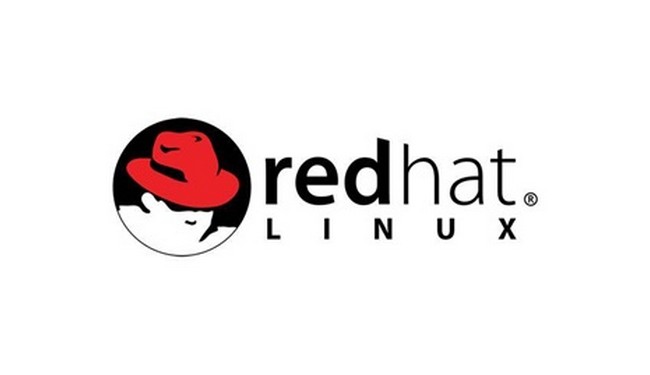Why Red Hat courses are becoming more popular in the tech world

Red Hat courses are becoming more and more popular in the tech world for a number of good reasons. Red Hat, a leading provider of open source software and Linux-based solutions, offers a wide range of courses that equip professionals with the skills they need to succeed in their careers.
The first thing that makes Red Hat courses attractive is the high quality of the training. Red Hat has put a lot of effort into developing training programs that provide deep understanding and hands-on experience with their technology. Study materials and labs are designed so that students can gain real experience and put their knowledge into practice.
The second factor contributing to the popularity of Red Hat courses is their market relevance. Every year the demand for professionals with skills in working with open technologies is growing. Red Hat is one of the key players in open source and Linux, and many companies are looking for people who are proficient in their technology. Taking Red Hat courses can greatly improve your chances of getting a job or advancing your career in technology.
The third factor is the growing role of Linux and open source software in the technology world. Linux has become the foundation for many important technologies and infrastructures such as cloud computing, cybersecurity, network services, and more. Red Hat courses allow students to master the modern technologies and tools needed to work with these systems and become in-demand specialists in the industry.
Red Hat Course Fundamentals: Dive into the World of Open Source
In the world of information technology, open source has become an integral part of software development. Red Hat, one of the leading companies in the field of open source, offers a variety of trainings that allow you to immerse yourself in this fascinating world and master the basic principles of its principles.
Red Hat training helps develop the practical skills and knowledge needed to work with open source. They cover a wide range of topics including Linux operating systems, cloud computing, containerization, virtualization, and more. The courses are developed by Red Hat experts and allow participants to gain not only theoretical knowledge, but also practical skills that can be applied in real projects.
One of the main features of Red Hat trainings is their practical focus. Participants have the opportunity to perform labs and solve real-life problems using tools and technologies specific to open source. This helps students gain hands-on experience and confidence in their skills.
Another important aspect of Red Hat training is the emphasis on collaboration and knowledge sharing. Participants have the opportunity to interact with experts and other students, ask questions and share their experiences. This contributes to a deeper understanding of the principles of open source and creates a favorable environment for learning and development.
Red Hat trainings vary in difficulty and are designed for a variety of audiences, from beginners to experienced professionals. Thanks to this, everyone can choose the right course that suits their needs and level of preparation.

Benefits of Red Hat Courses: Certification and Career Development
Red Hat courses offer many benefits that open the door to certification and spur career growth. Red Hat is one of the leading open source companies and their certification is recognized worldwide.
The first benefit of studying at Red Hat courses is to receive official certification. After completing these courses, you will receive a unique set of knowledge and skills that will be confirmed by certificates from Red Hat. This reflects your open source expertise and professionalism and can be a valuable addition to your resume.
Red Hat certification is widely recognized in the industry and can improve your chances of landing in-demand jobs. Many employers value Red Hat Certified Professionals as this certification guarantees in-depth knowledge and understanding of the system. In a competitive environment where employers are looking for highly qualified candidates, having a Red Hat certification can be a key advantage.
The Red Hat Specialist Certification Program is the recognized leader among all open source system certification and training programs. Let’s look at some in more detail:
- Red Hat Certified System Administrator (RHCSA):
RHCSA (Red Hat Certified System Administrator) is an introductory certification level aimed at newcomers and Linux/Unix users. Being RHCSA qualified means that you have the necessary knowledge and skills to install, configure, and connect Red Hat Enterprise Linux workstations to an existing network environment. The RHCSA Certification Pathway is the fastest way to learn basic Linux knowledge.
- Red Hat Certified Engineer:
The Red Hat Certified Engineer certification represents the next level of professional accreditation beyond the RHCSA certification, which certifies the necessary knowledge and practical skills for senior system administrators responsible for IT infrastructure based on Red Hat Enterprise Linux.
This exam assesses proficiency in managing multiple systems using the Red Hat® Ansible® Engine and performing common system administration tasks on multiple systems using Ansible.
- Red Hat Certified Architect (RHCA)
In order to become an RHCA, you must have a valid RHCE status and determine the direction: RHCA in Infrastructure (RHCA in Infrastructure) or RHCA in Enterprise Applications (RHCA in Enterprise Applications) and receive any 5 certifications from the following:
RHCA in Infrastructure:
- Red Hat Certified Specialist in Security: Network Services
- Red Hat Certified Specialist in Directory Services and Authentication
- Red Hat Certified Specialist in SELinux Policy Administration
- Red Hat Certified Specialist in Container Management
- Red Hat Certified Specialist in Containerized Application Development
- Red Hat Certified Specialist in Server Security and Hardening
RHCA in Enterprise Applications:
- Red Hat Certified Specialist in Seam
- Red Hat Certified Specialist in ESB
- Red Hat Certified Specialist in Application Server Management
- Red Hat Certified Specialist in Container Management
If a specialist already has RHCA status and acquires additional certifications of Certificates of Expertise, Red Hat recognizes him as a high-level specialist. For example, a current RHCA that has passed two additional Certificates of Expertise certifications would be considered an RHCA Level II.
In addition, Red Hat courses help you expand your knowledge and skills in open source software. Red Hat offers a variety of courses covering various aspects of using and administering their products. This includes knowledge about Linux, containers, cloud technologies, application development and more. The acquired knowledge and skills will help you work with Red Hat products with confidence and increase your efficiency in the workplace.
Finally, studying at Red Hat courses can be the basis for your career progression. Certification and acquired skills will allow you to apply for higher positions in the field of information technology. Companies that use Red Hat products are always looking for people who can get the most out of their products and solutions. Studying at Red Hat courses can open up new opportunities for you and advance your career.

Popular Red Hat Courses: Choosing a Training Program for Your Needs
Red Hat offers many quality trainings that can help you improve your skills in system administration, virtualization, automation with Ansible, and administration of containers and Kubernetes clusters. The choice of program depends on your needs, interests and current experience.
Let’s look at some trainings:
Red Hat System Administration:
This training is aimed at system administrators and covers the basic principles and skills of working with the Red Hat Enterprise Linux (RHEL) operating system. If you want to develop Linux administration skills and set up servers, this course is a great choice.
Red Hat Virtualization:
This training focuses on virtualization and using Red Hat Virtualization (RHV) to manage virtual machines and resources. If you have a need to work with virtualization and want to use tools from Red Hat to manage virtual environments, this course will be helpful.
Ansible for Network Automation:
Ansible is an IT process automation platform and this course focuses on using Ansible to automate network administration tasks. If you work in the field of networks and want to improve your efficiency through automation, this training is worth considering.
Red Hat OpenShift Administration I: Containers & Kubernetes:
OpenShift is a platform for deploying, managing and scaling containerized applications using Kubernetes. This course provides basic knowledge for administering OpenShift clusters and containerized applications. If you want to master Kubernetes and learn how to use it to deploy and manage containers, this is a great choice.
Red Hat OpenStack Administration I: Core Operations for Domain Operators:
OpenStack is a cloud resource management platform and this course is aimed at operators working with OpenStack. If you are interested in administering cloud environments, setting up virtual machines, storage and networks in OpenStack, this training will be useful.
The choice of study program depends on your goals, current experience and interests. If you are not sure which course to take, it is recommended that you contact the MUK Training Center to get more information about each training and evaluate which one best suits your needs.
Career opportunities after completing Red Hat courses
Red Hat courses provide training and certification in various aspects of their products, which can provide many career opportunities in information technology (IT) and related industries.
After completing Red Hat courses and obtaining the appropriate certifications, you will have the following career opportunities:
Linux System Administrator: Red Hat Linux is one of the most popular Linux distributions in the corporate environment. Red Hat certification can help you get a Linux system administrator position in large companies that use Red Hat Enterprise Linux (RHEL).
Linux Security Engineer: As Linux security becomes more and more important, Red Hat certification can help you become a Linux security specialist in various organizations.
Network Engineer: Red Hat certification can also be useful for network engineering, especially in an environment where many Linux devices are used.
DevOps Specialist: The DevOps culture is becoming more and more popular in software development. Knowledge and experience with Red Hat products can help you become a valuable member of the DevOps team.
IT Consultant: Red Hat certification and experience with their products can make you a valuable IT consultant who helps organizations implement and maintain Red Hat solutions.
Linux Instructor: If you have a Red Hat certification, you may want to consider teaching Linux or Red Hat courses to other students and professionals.
Of course, successful career prospects after completing Red Hat courses also depend on your experience, other skills, education, and personal efforts. However, a Red Hat certification is sure to help strengthen your resume and increase your chances for employment and career advancement in the information technology field.


